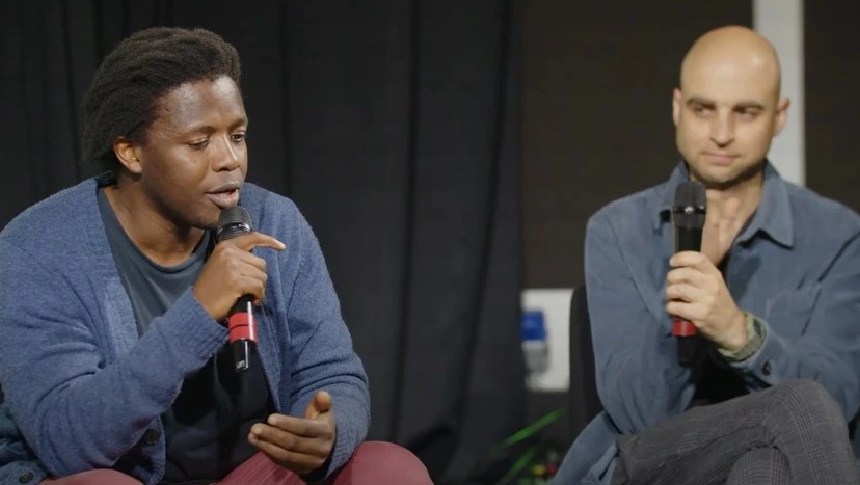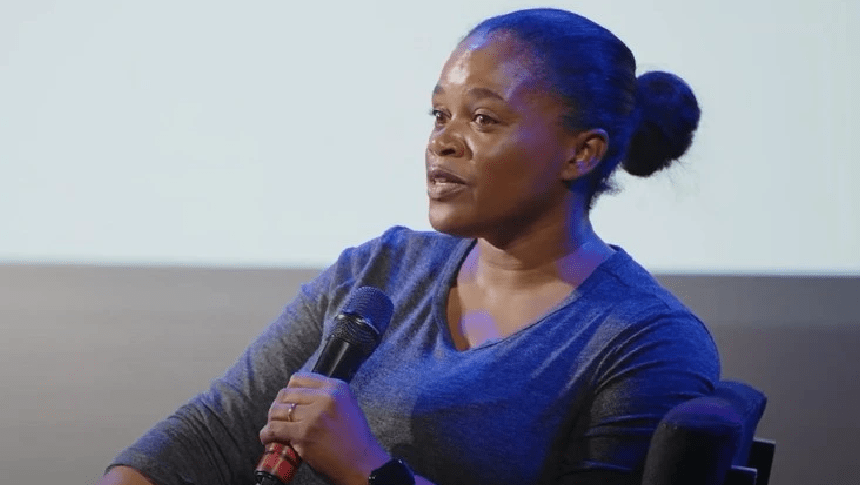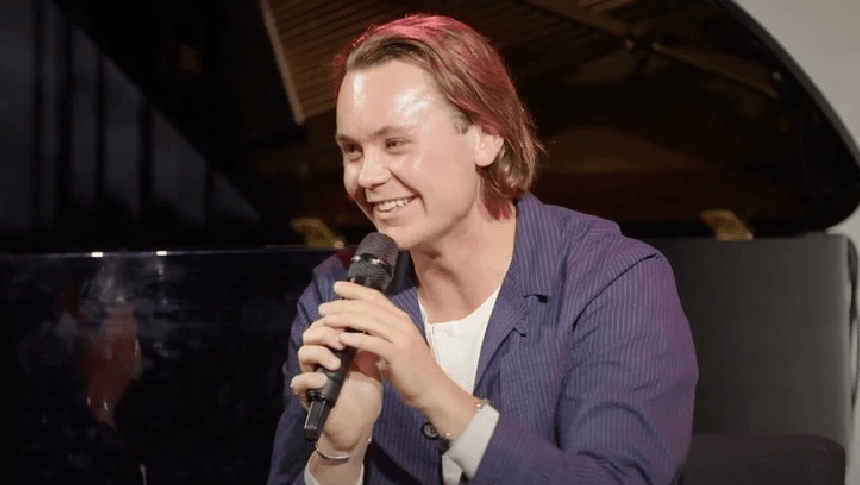The world of ticketing has had a massive shift in recent years, especially since the pandemic. Ticketing has always seemed to drag its feet when it comes to innovation and keeping up with technological advances, which is where DICE comes in.
We sat down with Kate Goodrum, accounts manager at DICE, to talk about how they’re throwing out the norms when it comes to the traditional ticketing landscape. Goodbye clunky websites and hello speedy apps with responsive algorithms!
If you want to hear the full talk with our Music Industry Mondays host, Talia, including an extra Q&A session, click here.
Why does ticketing need an upgrade?
Buying tickets for concerts and gigs always seems kind of tedious, doesn’t it? Slow websites, long virtual queues, and, probably most importantly, pesky hidden fees are things of the past at DICE. DICE is a modern and user-friendly alternative to traditional ticketing platforms which aims to make the ticket-buying experience more transparent and user-centric.
It also connects seamlessly with Spotify and Apple Music so that you can follow your favourite artists and venues. The app allows you to not only purchase tickets but also receive personalised recommendations for other shows that you might be interested in based on your previous purchases.
As an account manager at Dice, Kate collaborates with venues and promoters, using the skills she gained from a previous role in finance and investment. It just goes to show no job is ever a waste of time! Although she started somewhere completely unrelated to the music industry, her interest in music never faded, and she eventually left her position to volunteer at festivals, freelance and work at a radio station, finally landing her where she is today.
What are the best ways to promo my gig?
Kate manages several accounts where she advises artists and promoters on their promotion and ticket-selling strategies. It’s not enough to throw your gig up on Ticketmaster and wait for the ticket sales to pour in.
The pandemic has had a lasting effect on buying behaviours. For instance, people are less likely to buy tickets for events that won’t be held for another few months and are much more likely to buy tickets in the final week leading up to the event. This makes it tricky for promoters and managers as they can’t predict how many people are going to turn up to the event, making budgeting a challenge.
Instead of playing the game of “cancel the entire event or risk it all”, Kate shares some tips she gives to her clients that you can use when promoting your own shows or the shows of smaller artists you manage.
Have a look at some of these promo tips below:
- Social media isn’t everything: There has been a rise in offline marketing tactics like hanging up flyers with QR codes and simply telling people around you about your gigs. If you’re like Kate and you’re not the biggest fan of social media, don’t worry, you don’t absolutely need a TikTok account to grab an audience for your show. Get on Canva and start designing some cute posters.
- Who’s at the main door?: The main emotion your audience will feel before your event is excitement, so make sure that feeling doesn’t suddenly drift away with the wind at the front door. Who’s the dude at the front door? Is he nice? Is she welcoming? If they’ve got a bad attitude, that’s already a downer on the evening before they’ve got through the door. Get someone smiley to welcome your guests.
- Make it as easy as possible: You really need to hold people’s hands through the buying process. Make sure the link in your bio leads directly to the buying page and not, for instance, your home page. You’ve already lost them. Also, make sure the date, time, location and all other important details are as clear as day to avoid any confusion or disappointment.
- Got snacks?: Your number one priority is putting on a good show for your audience, which obviously means double-checking sound equipment and lighting, remembering your lyrics… But don’t forget the logistical side of things. Will your guests be comfortable? Do they have easy access to water and food? Are the toilets easily accessible? All these things matter. No one can enjoy a gig with a full bladder.
Ticket sales can be challenging, but as long as you remember to make the process simple (anyone heard of DICE?), keep promoting until the last minute and keep your audience’s needs in mind during the event, you’re doing great already.
Kate’s advice about promotion, as well as her story of how she got into the music industry, is definitely an aspiring one. She shows that even with a background in something completely unrelated, you can still find a role in the music industry just for you.
To hear more stories like these, grab a ticket to our weekly Music Industry Mondays event to meet like-minded people and hear more about the latest in the music industry.





